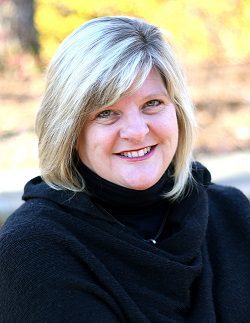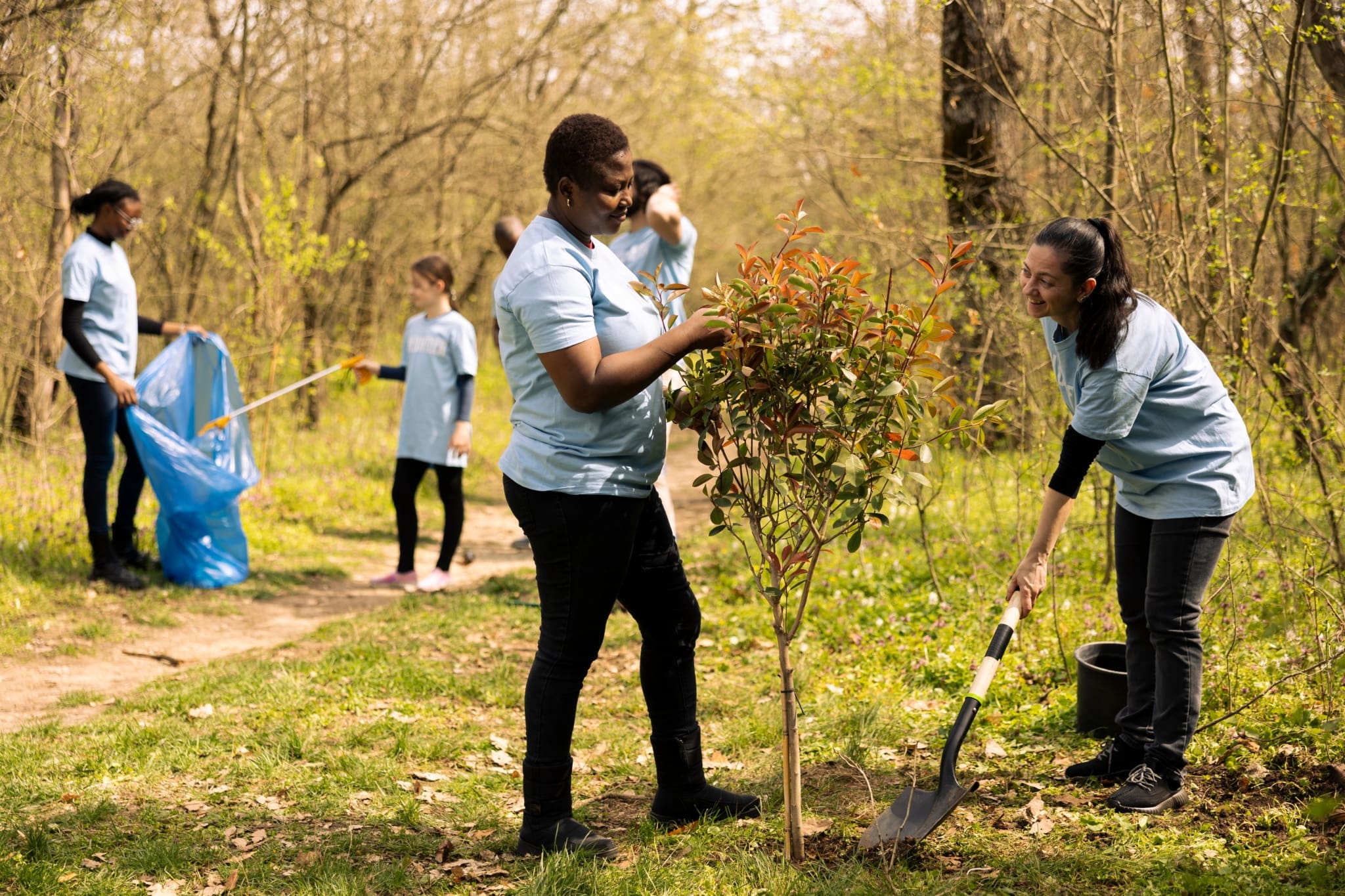When Lynn Fick-Cooper talks about the importance of leadership in the 21st century, she delves into details – about people working in education and global health, and the importance of philanthropy and building relationships over years. She does so for a purpose.

Lynn Fick-Cooper
By linking these details to a broader structural focus about what creates success at work, especially for nonprofits, Fick-Cooper of the Center for Creative Leadership (CCL) is highlighting important topics that can get missed in a busy world: That leadership encompasses intention, focus, and capacity, serving as a key vehicle to move people, projects, and places forward.
“H. Smith Richardson, one of our founders, would ask: ‘What is great leadership? What does it look like?’” says Fick-Cooper, the Vice President and Managing Director for Societal Advancement at CCL. “He wanted to contribute to the leadership abilities of all people across the world. Leaders are not born. They are made.”
Founded in 1970, the Center for Creative Leadership continues its mission of advancing the understanding, practice, and development of leadership for the benefit of society worldwide today. It does so by partnering with employers and organizations to develop human-centered, transformational leadership experiences. “We want to serve every leader in every sector,” Fick-Cooper says. “Leadership happens in every form, from individuals to teams to organizations and to society and in communities.”
Last year, the global nonprofit organization headquartered in North Carolina worked with leaders worldwide on improving leadership skills, of which 6,000 people were social sector employees. It continues to fill gaps for professionals, employers, and nonprofits by providing custom solutions, off-the-shelf products, virtual engagements, and face-to-face programs, alongside its dedicated research and evaluation, providing not only strategies and frameworks, but also time to pause and reflect on how to improve leadership.
“Leadership is a lever that pays ripple-effect dividends. It’s a social process, leader, and leadership. I might be a leader, but leadership, itself, is not about me or my style. It’s a process with everyone we interact with,” observes Fick-Cooper.
CCL does this work across various focus areas, including frontline leadership development, change leadership, talent development, women’s leadership, equity, diversity and inclusion and organizational culture transformation. It also does so by working with organizations across many industries, bringing faculty and designers with expertise in nonprofits, K-12 education, higher education, foundations, population health, and more.

Photo by Getty Images and courtesy of the Center for Creative Leadership
All of this explains why Fick-Cooper is so adept at speaking about a swath of specific details, across industries, but linking all of them to supporting leaders, leadership, and societal advancement. In many cases, the genesis to improving leadership begins with a question.
As one example, she cites public education and the importance of centering equity in it so students, families, and diverse communities can benefit. “The important lynchpin for K-12 schools is the principal and the culture and climate that person sets to attract and retain teachers. But they get very little training in leadership. They’re often tending to pedagogy,” she says.
“If you think about equity, in that way, how is a principal creating a climate to support all students to achieve? That’s critical, but it’s not training principals often get.”
One solution, in this case, for positive systemic change? “Prioritize working with principals on being even more effective leaders and on school-wide leadership, so more people in communities can thrive.” In this example, she says, CCL partners with philanthropic organizations to accomplish this work.
Another example involving CCL’s work was the nonprofit and philanthropic effort to transform health systems and reduce malaria in Africa. While philanthropic grants supported that goal, Fick-Cooper says leaders and practitioners realized another challenge. Many public health officials – physicians, nurses, and mid-management staff members working in Africa – were capable in their specific fields, but they had not received leadership skills to collaborate with residents.
“They realized they had to do more. It’s not people saying, ‘We see a conflict resolution problem.’ They were seeing a leadership problem,” she says, adding that trainings and classes helped fill the gap. The fellows, who participated in this training, engaged in a unique blend of online programming and in-person residencies to provide opportunities for global engagement and collaborative learning.
For nearly 25 years, CCL has been an Independent Sector member, the Washington, D.C.-based national membership organization of changemakers at nonprofits, foundations, and corporations. CCL is a sponsor, also known as a partner, of this year’s Upswell Summit, which is powered by Independent Sector and is bringing social sector changemakers together virtually from October 20-22 to focus on racial justice and health, in all its forms.
As Fick-Cooper reflects on CCL’s work over 50 years, she takes a moment to consider this question: What would life be like if CCL was not working every day to focus on improving leadership skills for professionals at all levels?
“It would be even harder to do the important work in the social sector,” she says. “I’ve seen the power of this and how it can change people and set climates and cultures for every person to thrive. The ripple effects are there.”
Learn more about the Center for Creative Leadership, the 2021 Upswell Summit, powered by Independent Sector, how to become an Upswell partner, other Independent Sector members, and becoming a member. The top photo is courtesy of the Center for Creative Leadership.



